Can U Get Worms from Dogs: Causes, Risks, and Prevention Guide
Can u get worms from dogs? The answer is yes — and dog worm infections are more common than many pet owners realize. These parasites can cause anemia, malnutrition, and even organ damage. In this guide, based on the latest 2025 veterinary data, we’ll explain how dogs get worms, how contagious they can be, and the best prevention and treatment strategies to keep both you and your furry friend safe.
4 Common Types of Worms in Dogs
1. Roundworms
Roundworm infections are extremely common, with puppy infection rates as high as 90%. They can be transmitted through a mother’s milk or by contact with contaminated environments. These worms look like white spaghetti and, in severe cases, can cause bloating and vomiting in puppies.
2. Hookworms
Hookworms can infect through skin penetration or ingestion. Their hooked heads attach to the intestinal wall, sucking blood and causing bloody stools and anemia. Damp environments, such as grassy areas during rainy seasons, are high-risk zones.
3. Tapeworms
Tapeworms spread through fleas or raw meat. Segments look like rice grains and are often found around the dog’s anus. Infected dogs may show signs of itching and weight loss. If fleas are a concern, check out our guide to best flea shampoo for dogs.
4. Heartworms
Heartworms are transmitted by mosquito bites. Adult heartworms live in the heart and can cause coughing and breathing difficulties. Prevention requires monthly heartworm medication to avoid serious complications.
How Dogs Get Worms: Risk Factors and Transmission
1. Environmental Contact
Soil contamination: Worm eggs can survive in soil for years, and puppies licking the ground may ingest them.
Public areas: Dog parks and pet stores with uncleaned feces can be a source of cross-infection.
2. Dietary Risks
Raw meat: Unfrozen raw meat may carry tapeworm larvae, directly linked to the question how do dogs get worms.
Contaminated produce: Unwashed vegetables and fruits may harbor roundworm eggs, especially for free-roaming rural dogs.
3. Vector Transmission
Mosquito bites: The only way heartworms spread — avoid mosquito-heavy areas during evening walks.
Flea bites: Fleas can carry tapeworm larvae, which dogs may swallow while grooming. Consider using best flea and tick shampoo for dogs for added protection.
4. Mother-to-Puppy Transmission
Pregnant dogs can pass roundworms to puppies through the placenta or milk. Puppies should get their first deworming at 2 weeks old.
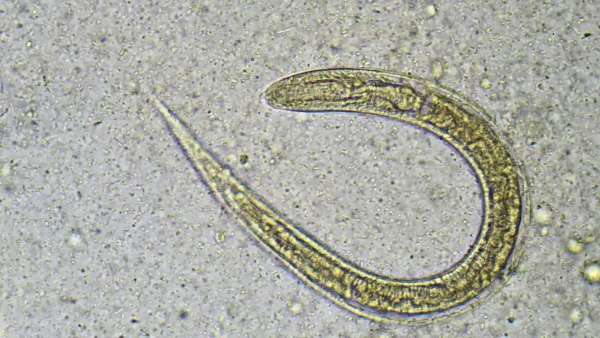
How Long Are Worms Contagious in Dogs?
Roundworms
They become contagious 2–4 weeks after infection, with eggs shed in feces that can survive in soil for years. Dogs are considered safe once they have two consecutive negative stool tests (3–4 weeks apart).
Hookworms
Larvae can survive in the environment for up to 3 weeks and can spread through feces within a week of infection. Dogs under treatment should avoid contact with other dogs.
Multi-dog Households
If one dog is infected, isolate them and deworm all dogs in the household within a month to prevent further spread.
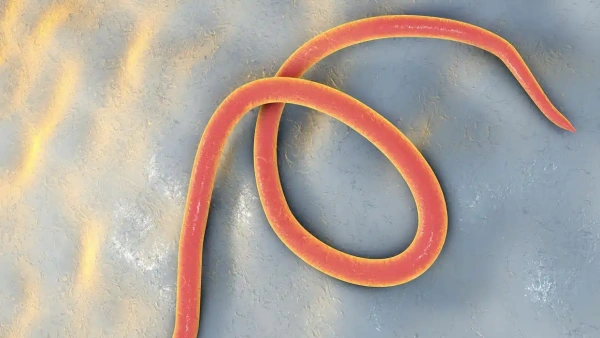
5-Step Prevention and Treatment Plan
Regular Deworming: Puppies should start at 2 weeks old, then monthly until 6 months. Adult indoor dogs need deworming every 3 months; outdoor dogs may need monthly treatments.
Environmental Control: Clean up feces daily, avoid areas with high dog waste, and limit wet grass contact during rainy seasons.
Safe Diet: Avoid raw meat, wash produce thoroughly, and prevent dogs from drinking outdoor standing water.
Monitor Symptoms: Watch for diarrhea, bloating, weight loss, or dull coat. Seek immediate vet care for bloody stools or breathing issues.
Isolation and Disinfection: Keep infected dogs separate, disinfect with diluted bleach, and wash hands and clothes after handling.

Everything Our Vets Recommend
FAQ
Q1: Can my infected dog still play with other dogs?
A: No. Keep them isolated until two negative stool tests (3–4 weeks apart) are confirmed. Deworm any dogs that had close contact.
Q2: Can humans get worms from dogs?
A: Yes, some roundworms can infect humans, especially children who don’t wash their hands after touching contaminated soil or dog feces.
Q3: Should I rotate deworming medications?
A: Yes, switch active ingredients every 6 months to prevent resistance, but stick to trusted brands.
Final Thoughts
Can u get worms from dogs? Absolutely — but with proper prevention, the risk is manageable. Regular deworming, good hygiene, and safe feeding habits are your best defense. Don’t wait for symptoms — schedule routine stool checks 1–2 times a year to catch problems early. Protect your dog, protect your family, and enjoy a worm-free life together!
You May Like:
- best flea shampoo for dogs
- best flea and tick shampoo for dogs
- Best Flea and Tick Prevention for Dogs to Keep Them Safe and Healthy
- Effective Flea and Tick Medication for Dogs That Works Fast and Lasts Long
User Comments
Does flea treatment kill ear mites too?
Can dogs take human probiotics?
Can dogs have people probiotics safely?
Related Articles
View all
How to Get Rid of Dog Allergies Naturally: Common Mistakes

Dog Allergic Reaction Eye Swelling: Hidden Mistakes to Avoid

Why Do Bulldogs Scratch? Bulldog Skin Allergies Guide
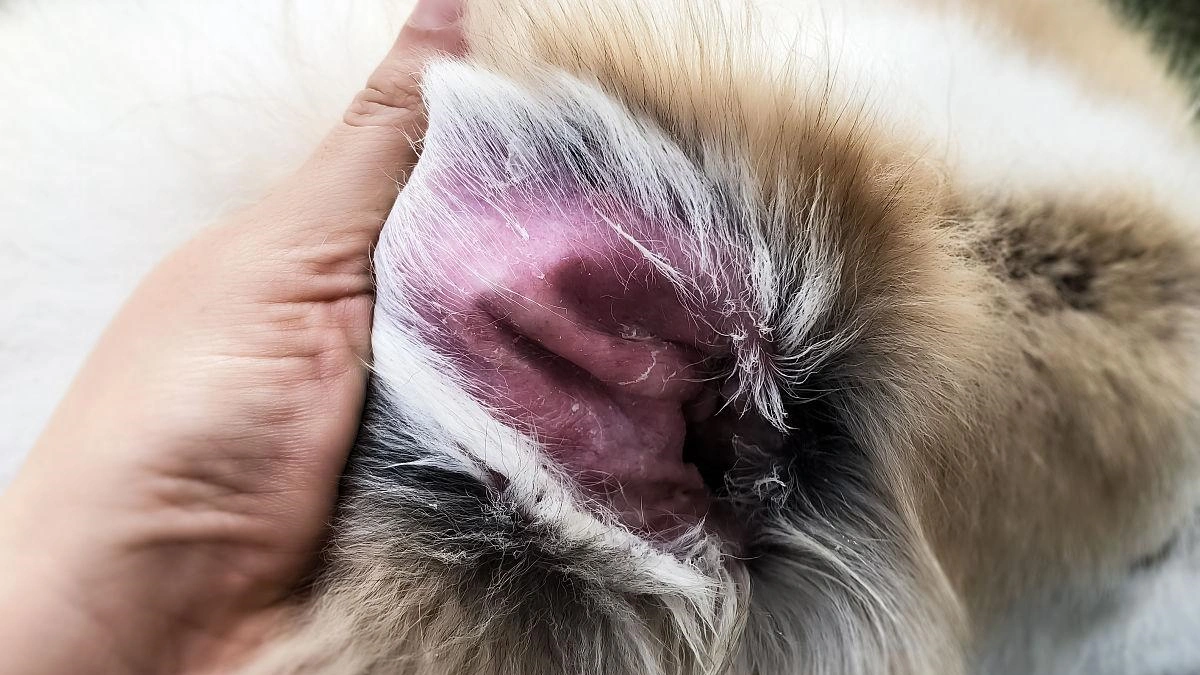
Cure for Dog Skin Allergies Owners Often Miss

How to Get Rid of Dog Allergies Naturally: Common Mistakes

Dog Allergic Reaction Eye Swelling: Hidden Mistakes to Avoid

Why Do Bulldogs Scratch? Bulldog Skin Allergies Guide

Cure for Dog Skin Allergies Owners Often Miss

Vet-Recommended Wet Dog Food for Sensitive Stomachs — 2025 Guide
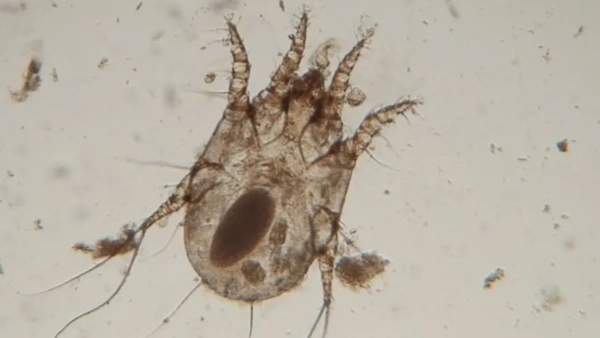
Dog Dust Mite Allergy: Symptoms, Treatment, Prevention

Can Allergies in Dogs Cause Diarrhea and Vomiting? Explained

10 Pitbull Health Problems You Should Know in 2025 — Tips


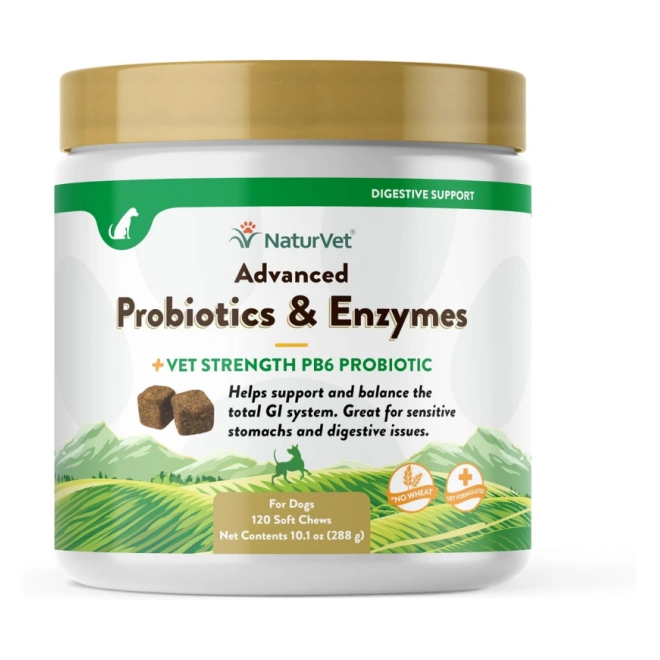
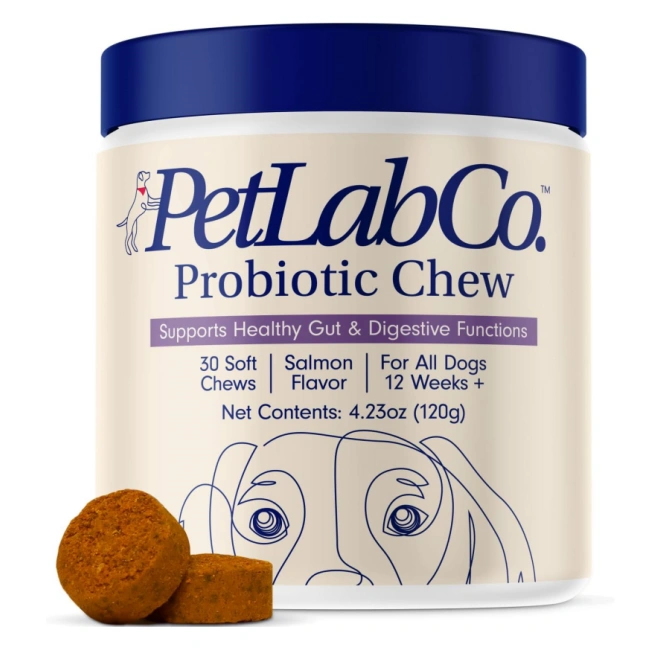
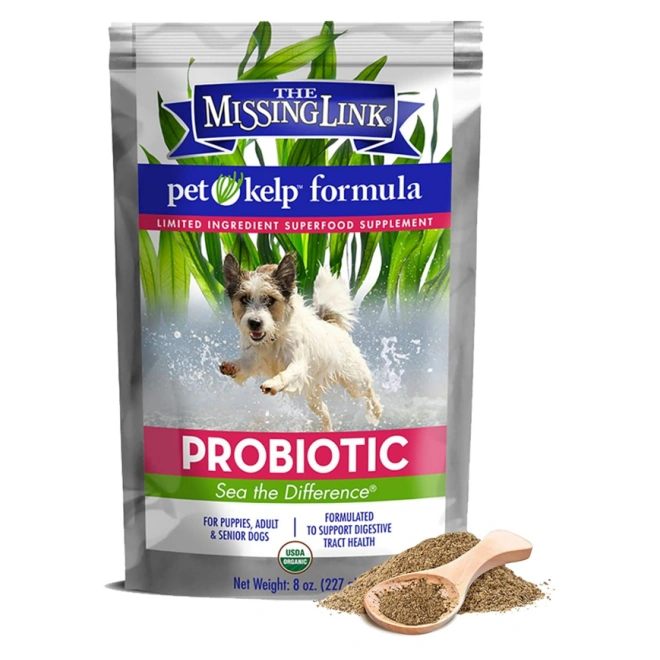
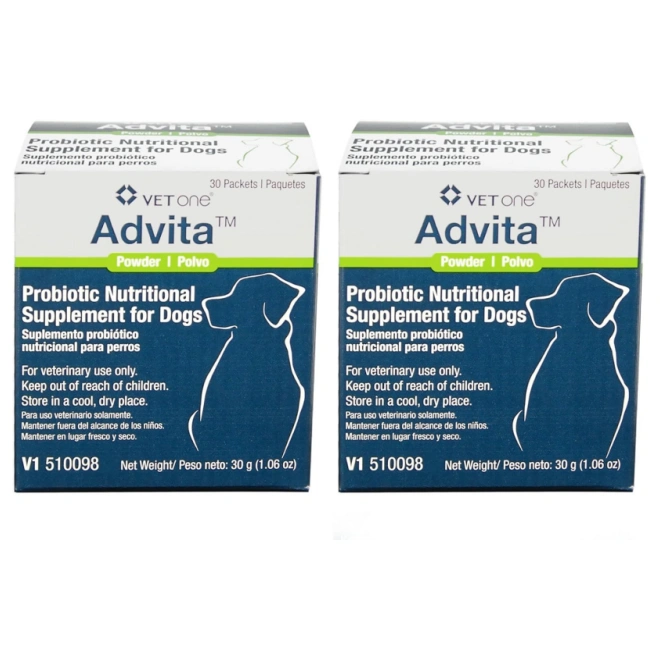








Leave a Reply